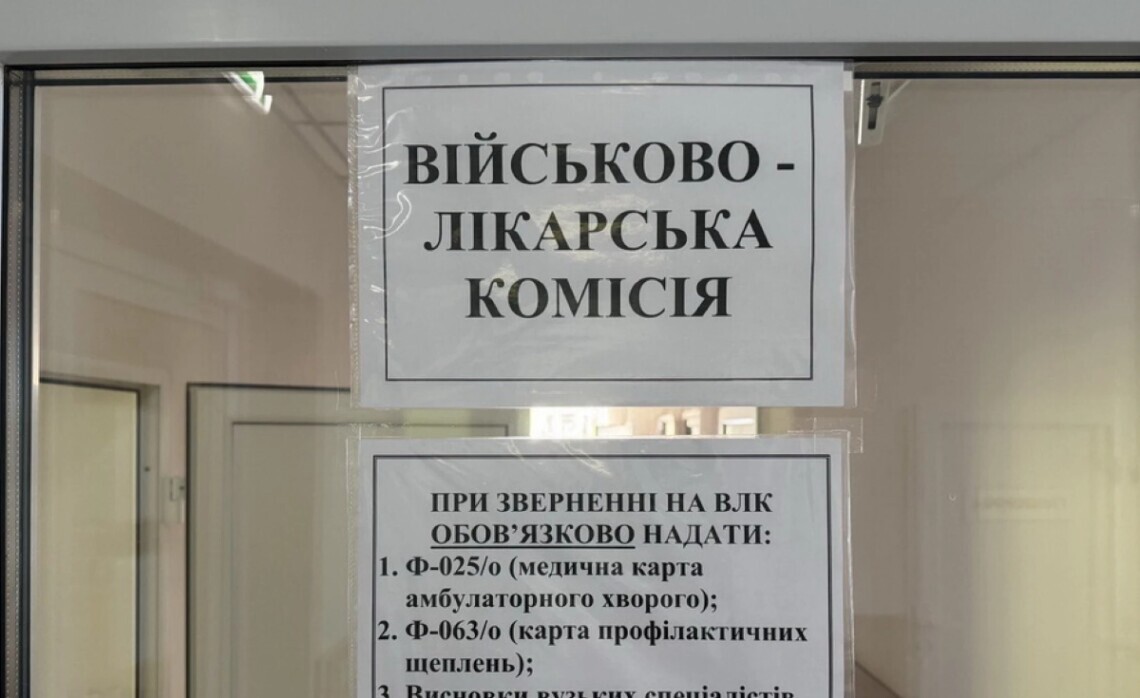The Ministry of Defense has presented a reform project for military-medical commissions, aimed at eliminating bureaucratic challenges and corruption risks.
This information was reported on the Ministry of Defense of Ukraine website.
It is noted that the implementation of the reform will occur in three phases and is expected to be completed by November 2025.
“The current system for passing the military-medical commission (VVC) creates unnecessary bureaucratic complications and corruption risks. The Ministry of Defense of Ukraine, together with the Ministry of Health, the National Health Service of Ukraine, and the ‘Principle’ of Lyubov Galan, proposed a digital reform for the VVC,” stated Kateryna Chernohorenko, Deputy Minister of Defense for Digital Development, Digital Transformation, and Digitalization.
Specifically, the modern VVC system has two shortcomings. On one hand, it allows certain individuals to evade military service without legal grounds. On the other hand, the system does not prevent individuals with serious illnesses from being included in the ranks of the Armed Forces, creating additional difficulties for the military.
“The reform will separate the decision-making of the military-medical commission into two distinct data sets—medical and administrative. Some specialists will conduct medical examinations for the VVC, while others will analyze the anonymized results of these medical assessments,” the statement reads.
It is anticipated that to pass the VVC, a visit to a civilian medical facility will be sufficient—this can be done at the location of the individual.
“And then, no more running around government institutions—the data will run for the person. The entire exchange of digital documents will take just a few minutes,” Chernohorenko noted.
In the future, the data will be transmitted to the medical information system of the Armed Forces, which will be upgraded for this reform: there will be a technical capability to receive data from the eHealth system and the electronic VVC cabinet.
“The military-medical commission will receive information about the individual, review it, and make its administrative decision. Anonymized data will be sent to a random commission, whose members will not know whose documents they are reviewing. This will eliminate the possibility of manipulation and abuse,” the Ministry of Defense explained.
Additionally, after each decision, a digital trace will be visible—electronic signatures from both the doctors and the VVC staff, and the conclusions of the commissions will be stored. All of this will simplify the verification and monitoring of VVC activities by law enforcement agencies.
Recall that the Verkhovna Rada supported the draft law on the liquidation of medical-social expert commissions (MSEC) in the first reading.
Earlier, Prime Minister Denys Shmyhal discussed the features of the new system that will replace the MSEC.
Recently, law enforcement officials detained an official from the Central MSEC while receiving a bribe of $2,000 for providing her husband with a fake disability group.
